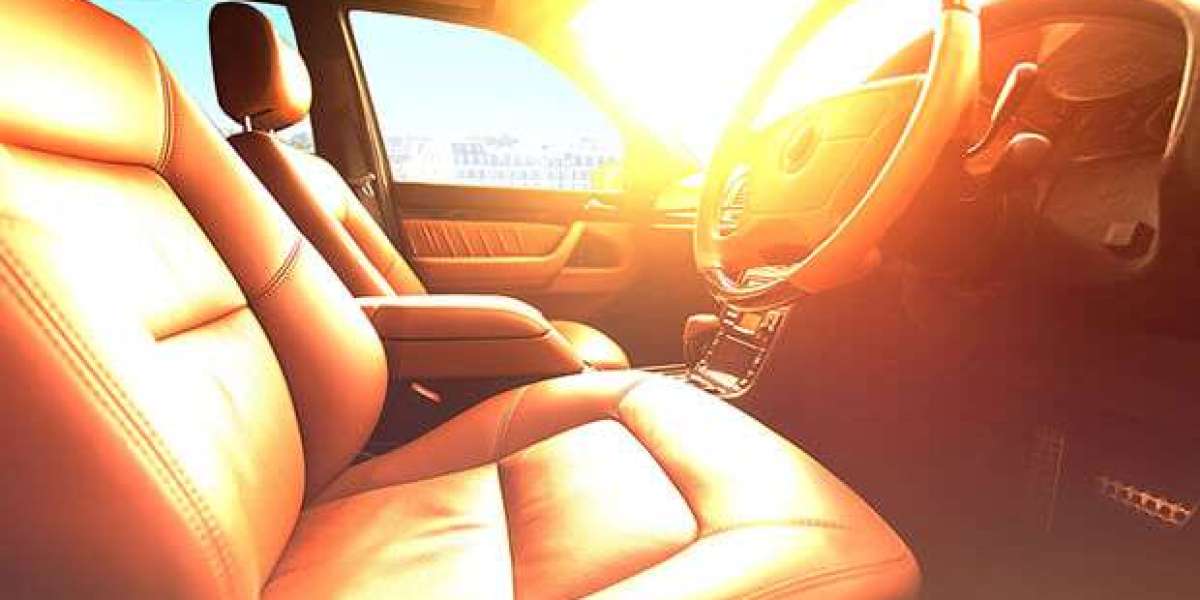Introduction:
Your car's cooling system is a vital component responsible for regulating engine temperature and preventing overheating. Just like a well-choreographed drama, each element of the cooling system plays a crucial role in maintaining optimal engine performance. In this article, we'll explore the dynamics of your car's cooling system, common issues that can arise, and essential maintenance tips to ensure your engine stays cool under pressure.
The Role of the Cooling System: The primary function of the cooling system is to dissipate excess heat generated by the engine during operation. Combustion inside the engine cylinders produces intense heat, which, if not properly managed, can lead to engine damage and performance issues. The cooling system consists of several key components working together to maintain the engine's temperature within safe operating limits:
Radiator: The radiator serves as the central heat exchange unit in the cooling system. It contains a series of tubes and fins through which coolant flows, allowing heat to dissipate into the surrounding air.
Water Pump: The water pump circulates coolant through the engine and radiator, ensuring even distribution of coolant and consistent cooling performance.
Thermostat: The thermostat regulates coolant flow by opening and closing in response to changes in engine temperature. It helps maintain optimal operating temperature by controlling the flow of coolant through the radiator.
Cooling Fans: Electric cooling fans help regulate airflow through the radiator, especially during low-speed driving or idling when natural airflow may be insufficient to dissipate heat.
Coolant: Coolant, also known as antifreeze, is a mixture of water and specialized additives designed to prevent freezing in cold temperatures and boiling in hot temperatures. It also contains corrosion inhibitors to protect engine components from damage.
Common Cooling System Issues: Despite its critical role, the cooling system is susceptible to various issues that can compromise performance and lead to engine overheating. Some common cooling system problems include:
Coolant Leaks: Leaks in the cooling system can occur due to deteriorated hoses, faulty gaskets, or corrosion of radiator components. Coolant leaks can lead to a loss of coolant, reduced cooling capacity, and engine overheating.
Thermostat Failure: A malfunctioning thermostat can cause coolant flow restriction or improper temperature regulation, leading to erratic engine temperature and potential overheating.
Clogged Radiator: Over time, the radiator can accumulate debris, sediment, and mineral deposits that restrict coolant flow and impede heat dissipation. A clogged radiator can result in poor cooling performance and engine overheating.
Cooling Fan Issues: Malfunctioning cooling fans can result in inadequate airflow through the radiator, especially during low-speed driving or idling. Insufficient airflow can lead to overheating, particularly in hot weather or heavy traffic conditions.
Essential Maintenance Tips: To keep your car's cooling system in top condition, follow these essential maintenance tips:
Check Coolant Levels Regularly: Monitor coolant levels in the reservoir and top up as needed with a mixture of coolant and distilled water. Inspect for signs of coolant leaks and address any issues promptly.
Replace Coolant Periodically: Replace coolant according to the manufacturer's recommendations or at regular intervals to prevent corrosion, maintain proper pH levels, and ensure optimal cooling performance.
Inspect Hoses and Belts: Regularly inspect cooling system hoses and belts for signs of wear, cracks, or deterioration. Replace worn or damaged hoses and belts to prevent coolant leaks and ensure proper coolant circulation.
Clean Radiator and Cooling Fans: Periodically clean the radiator and cooling fans to remove debris, dirt, and insects that can obstruct airflow and reduce cooling efficiency.
Check Thermostat Operation: Test thermostat operation periodically by monitoring engine temperature and ensuring that it opens and closes properly in response to temperature changes.
Conclusion:
Your car's cooling system plays a critical role in maintaining engine temperature and preventing overheating, ensuring reliable performance and longevity. By understanding the components of the cooling system, recognizing common issues, and performing regular maintenance, you can keep your engine running cool and avoid the drama of overheating on the road. Prioritize cooling system maintenance and address any issues promptly to enjoy worry-free driving and keep your engine operating at its best.


